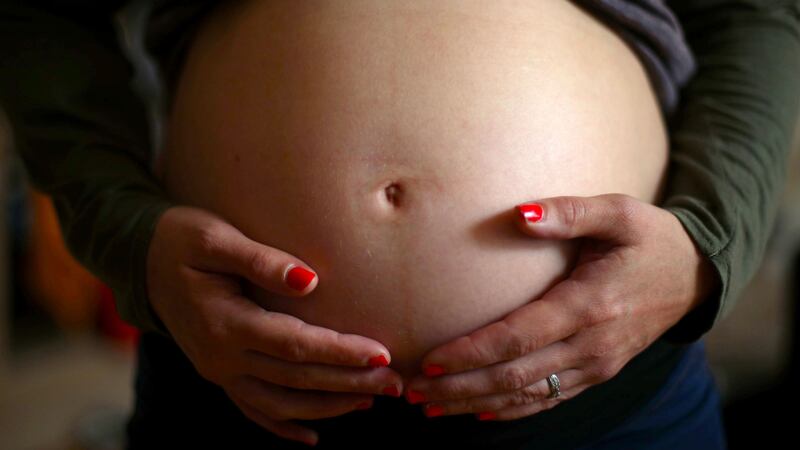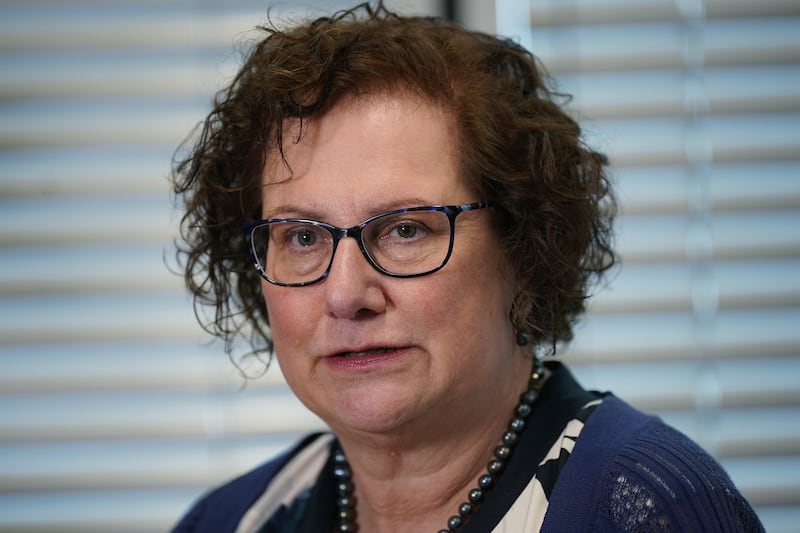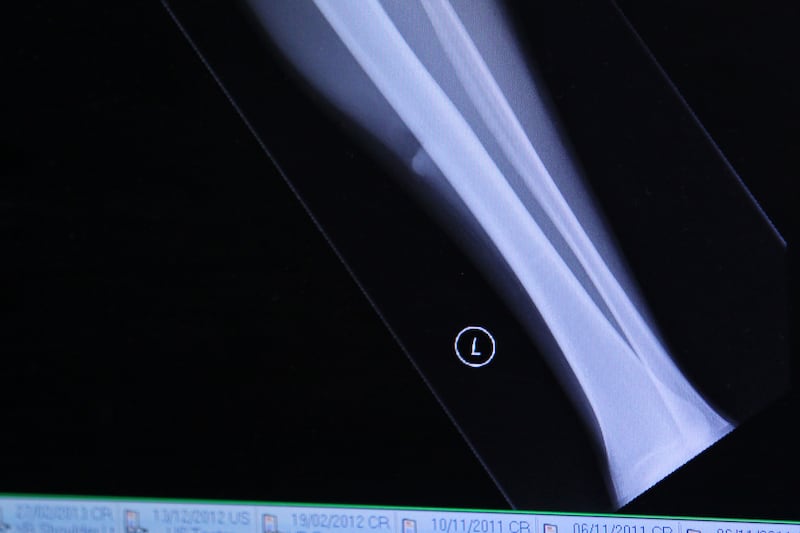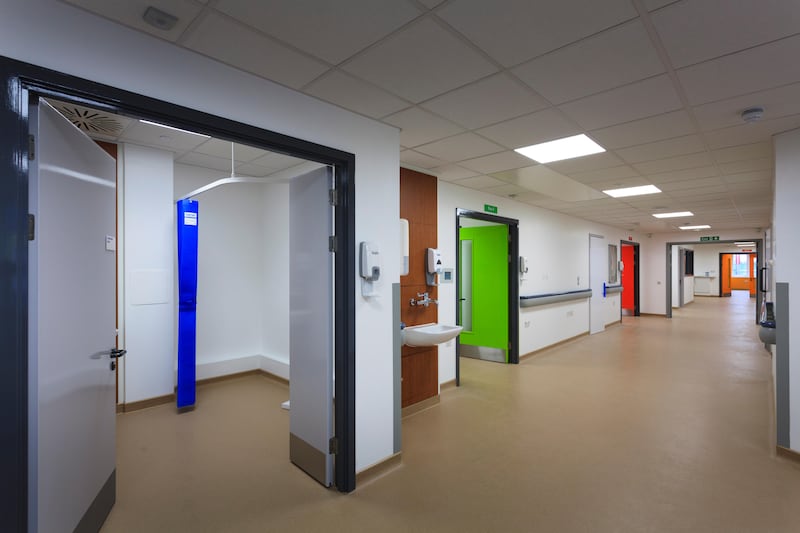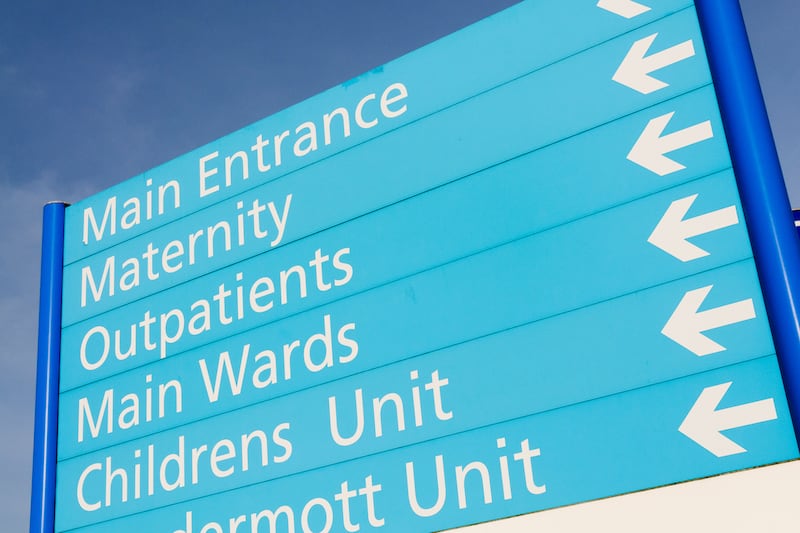Pregnant women who develop pre-eclampsia are almost five times more likely to suffer kidney failure later in life, a study suggests.
Researchers from Ireland, England and Sweden analysed data from the Swedish Medical Birth Register on 1,366,441 healthy women who gave birth to 2,665,320 babies between 1982 and 2012.
Those who had pre-eclampsia in at least one pregnancy were nearly five times more likely to have end stage kidney disease (ESKD) than women who had never had the condition.
During the study period, 67,273 (4.9%) women had pre-eclampsia, and 410 women developed ESKD.
Women who had pre-term pre-eclampsia and those who had pre-eclampsia in two pregnancies had the highest risk of ESKD.
The researchers said the association was independent of other factors, including the mother’s age, education and diagnoses of renal or cardiovascular disease before pregnancy.
However, they warned that the overall risks of pregnant women with pre-eeclampsia developing ESKD remain low.
The authors wrote: “This shows that pre-eclampsia is a sex-specific, independent risk factor for the subsequent development of ESKD.
“However, it should be noted that the overall ESKD risk remains small.
“Whether screening or preventative strategies will reduce the risk of ESKD in women with adverse pregnancy outcomes is worthy of further investigation.”
The study, which included authors from University College Cork, St Thomas’ Hospital in London, and the University of Liverpool, was published in PLOS Medicine.
Pre-eclampsia usually affects women during the second half of pregnancy and symptoms include high blood pressure and protein in the urine.
Mild pre-eclampsia affects up to 6% of pregnancies, the NHS says, and severe cases develop in 1%-2% of pregnancies.
The exact cause is not known but it is thought to be linked to a problem with the placenta.
The only way to cure pre-eclampsia is to deliver the baby, so women with the condition are monitored regularly and medication may be recommended to lower blood pressure.
Chronic kidney disease is estimated at 10%-12% of the global population, according to the authors.
